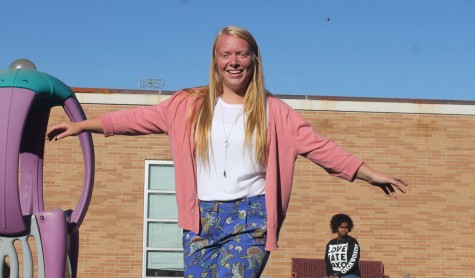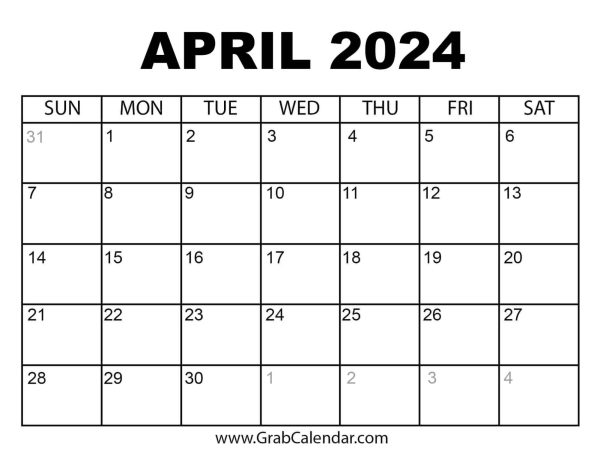Leap second? Leap year? It’s all just a matter of time
When we learn about the solar system and movements of the Earth within it, we are typically taught that it takes 365 days to make one complete orbit around the sun.
In reality, it takes 365 ¼ days. A small fourth of a day may not seem like a large issue, but it can really throw off our calendar. Romans used to add extra months to the year every so often to account for the extra time. However their calendar was eventually so askew that they needed a new solution. Thus, leap year was created.
A leap year occurs once every four years, so the next one will be in 2016. That means next year will have 366 days instead of 365 and February will be 29 instead of 28 days long.
Not as commonly knon as leap year, however, is a leap second.
The “leap second” was in early January decreed last week by astronomers at the International Earth Rotation and Reference Systems Service in Paris who measure Earth’s rotation and compare it to the time kept by atomic clocks. It’s the 26th time this has happened since atomic clocks started governing our time.
“It’s not like the leap day, which everyone knows about years in advance,” said John Lowe, who works at the National Institute of Standards and Technology in Boulder, Colo. “It’s not predictable. Nobody knows when the next one will be.”
The extra second will be tacked on to the final minute of June 30. On that day, the official atomic clocks that keep Universal Coordinated Time (UTC) will mark the time as 23h 59m 59s, followed by the leap second 23h 59m 60s. July 1 will continue as usual, beginning with 0h 0m 0s.
The international timekeeping community has two ways of measuring the passing of our days. The first, known as astronomical time, is based on how long it takes Earth to make one complete spin on its axis. Scientists keep track of this by aiming a network of radio telescopes at a distant quasar.
Leap year is more commonly known.
Many leap year traditions have been formed over the years. According to an Irish legend, the 29th of February is the only day on which a woman can propose to a man. Many believe the tradition to be anti-feminist, but regardless, something about leap year brings out marriage superstitions. Some believe a marriage on leap day is unlucky, while others believe it to be lucky. It’s all a matter of superstition and personal belief.
Some people (often called “leaplings”) celebrate their birthdays on the leap year. Besides personal preference, no rules regulate the celebration of leaplings’ birthdays. However, most areas of the world legally recognize leaplings’ birthdays on the 28th of February each year. Some famous people born on leap year include Ja Rule (American rapper and actor) and Jerry Gergich (character on Parks and Recreation).
Apart from marriage and birthdays, everyone can celebrate leap day. Since the next leap day won’t occur for another year, no local celebrations have been planned. But be sure to mark your calendar and keep your eyes open for fun ways to celebrate.












